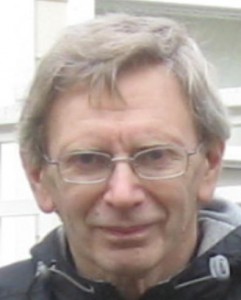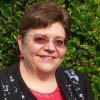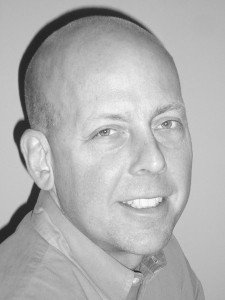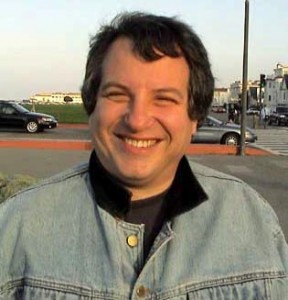Free Will Revisited
Michael Abramson
March 30, 2014
 This is a follow-up discussion of Free Will, which was the topic of Daniel B. Miller’s Dec. 8, 2013 Forum. Michael Abramson, a physicist specializing in numerical simulations, will offer his insights about connections between our Free Will and certain properties of a physical world. The arguments that he will be presenting may have profound implications for our approach to fundamental political and moral issues.
This is a follow-up discussion of Free Will, which was the topic of Daniel B. Miller’s Dec. 8, 2013 Forum. Michael Abramson, a physicist specializing in numerical simulations, will offer his insights about connections between our Free Will and certain properties of a physical world. The arguments that he will be presenting may have profound implications for our approach to fundamental political and moral issues.
Humanist Community Forum (2014-03-30): Free Will Revisited (Michael Abramson) from Humanist Community-SiliconValley on Vimeo.

 Carol Wegenast, a Physician’s Orders for Life Sustaining Treatment (POLST) trainer for the Coalition for Compassionate Care of California (
Carol Wegenast, a Physician’s Orders for Life Sustaining Treatment (POLST) trainer for the Coalition for Compassionate Care of California (
 Join chef and author Laura Stec from Kaiser Permanente and The Food Party! for a crash course on deliciously healthful and helpful tips and tricks. You’ll learn day-to-day ways to THRIVE in your kitchen including: why to keep water as far away from vegetables as possible, knife sharpening skills, quick cooking tips, and how to cook for one. Laura will also address some healthy people and planet connections from her book Cool Cuisine – Taking the Bite Out of Global Warming. A mini cooking demo (with samples for the audience) completes the presentation.
Join chef and author Laura Stec from Kaiser Permanente and The Food Party! for a crash course on deliciously healthful and helpful tips and tricks. You’ll learn day-to-day ways to THRIVE in your kitchen including: why to keep water as far away from vegetables as possible, knife sharpening skills, quick cooking tips, and how to cook for one. Laura will also address some healthy people and planet connections from her book Cool Cuisine – Taking the Bite Out of Global Warming. A mini cooking demo (with samples for the audience) completes the presentation. The NSA and the Obama Administration have tried to position the NSA spying as a “balance” between freedom and safety, implying that theNSA spying makes you more safe. In fact the opposite is true. NSA spying makes you less safe and is a threat to civilization itself. This presentation explains the technical concepts of how the Internet works and explains how the NSA is creating a single point of failure to bring down the Internet.
The NSA and the Obama Administration have tried to position the NSA spying as a “balance” between freedom and safety, implying that theNSA spying makes you more safe. In fact the opposite is true. NSA spying makes you less safe and is a threat to civilization itself. This presentation explains the technical concepts of how the Internet works and explains how the NSA is creating a single point of failure to bring down the Internet.